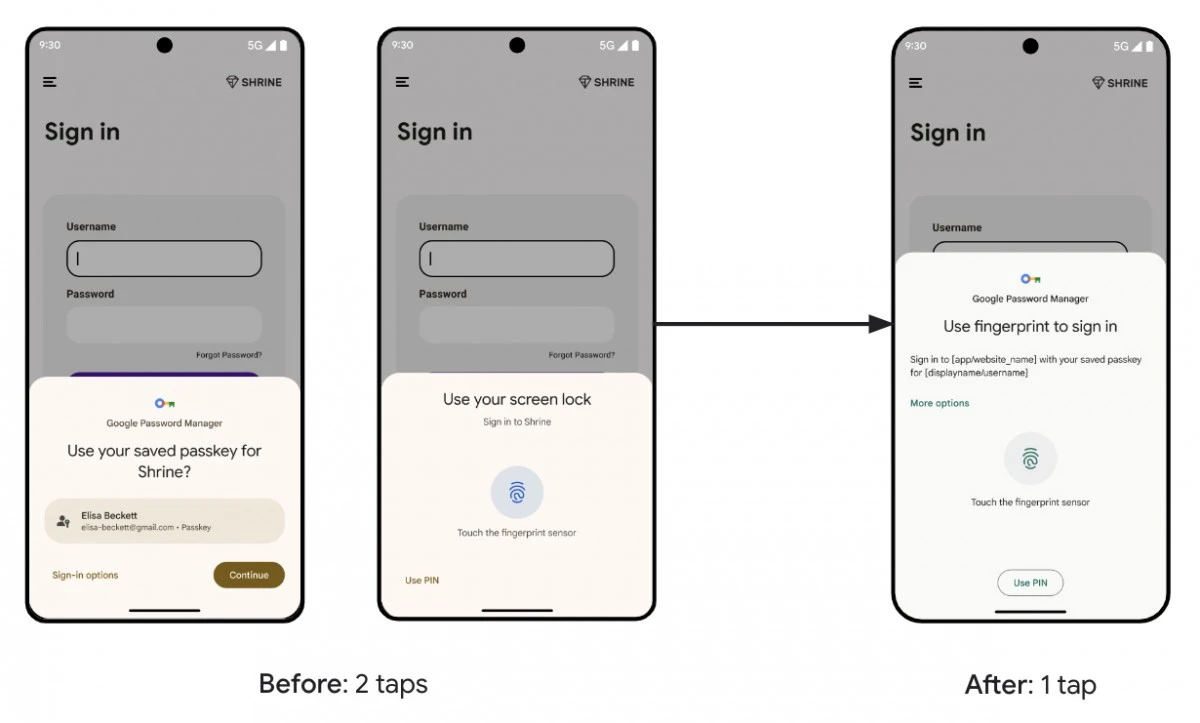DuckDuckGo, known as a privacy-focused search engine, was attacked after it was revealed that it had a follow-up agreement with Microsoft. Security expert Zach Edwards revealed this week that the DuckDuckGo mobile browser is allowing some Microsoft sites to circumvent the ban on trackers. Depending on the case, since the browser actually blocks Facebook and Google trackers, it excludes Redmond people and allows data to be transferred to LinkedIn and Bing domains.
DuckDuckGo advertises itself by not tracking users’ searches or collecting data about search behavior, using contextual ads from its partners, such as Ads by Microsoft, to display interest-based ads rather than creating user profiles. Although DuckDuckGo does not store any personal identifiers, Microsoft ads may track a user’s IP address and other information when an advertisement link is clicked, but it is not associated with the user’s advertisement profile.
API Encounter: Wars and Cyberwar in the Age of APIs(x)
If you are interested in the most common attacks and ways to defend yourself, head over to our online meeting on June 9!
DuckDuckGo acknowledged the receipt was the result of an agreement Gabriel Weinberg, the company’s CEO on Twitter and Reddit, responded to the outrage of netizens. Weinberg revealed that most third-party bots are blocked from the browser, but Microsoft has been contracted to prevent this, and a solution will be sought in the future to remove the relevant part of the agreement.
Since then, DuckDuckGo’s App Store profile has also been updated, with the company making it clear in the description that in some cases it won’t stop tracking scripts: when they aren’t recognized, the site will be unusable or restricted by contract, like Microsoft also In case. The responses have reassured some users, while others remain concerned about this type of agreement. Although DuckDuckGo is still one of the best privacy-enhancing browsers, it is causing a rift in the company’s reputation that netizens didn’t think until now.













































